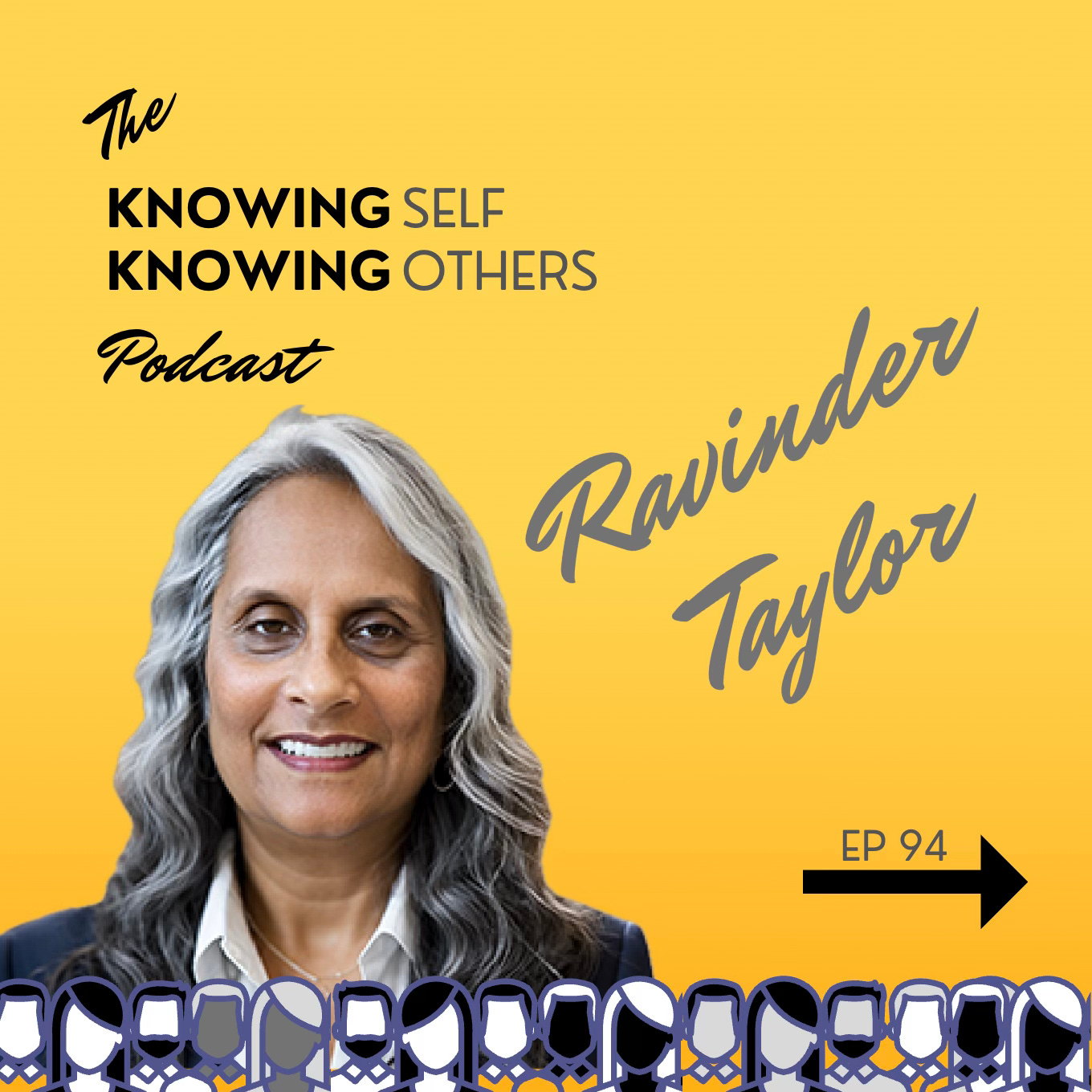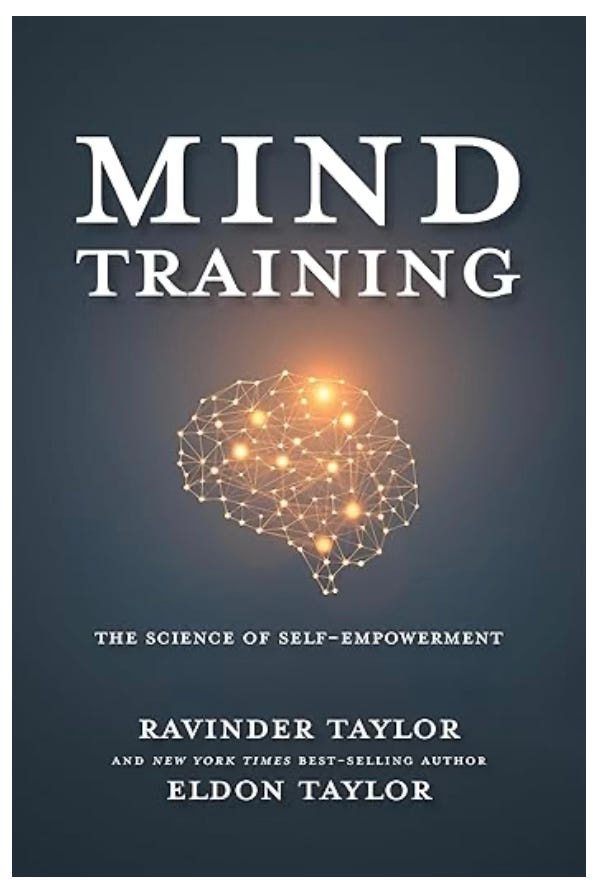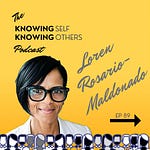Hello KSKOers
In this episode, I’m joined by Ravinder Taylor, scientist turned hypnotherapist, for a fascinating exploration of the subconscious mind. We explore how unseen patterns influence our choices, behaviours, and relationships, both personally and professionally. From the science behind hypnosis to the power of the placebo effect and subtle workplace dynamics, Ravinder shares practical insights and tools for building self-awareness and breaking free from limiting beliefs. It’s a powerful conversation about conscious leadership, inner strength, and the deep work of truly knowing ourselves. Take a watch!
Looking forward to joining you on your learning journey!
Here are my top takeaways from our conversation:
1. Your Subconscious Runs the Show
Ravinder’s move from microbiology into hypnotherapy highlights how much our subconscious mind drives our everyday thoughts, actions, and beliefs. Past experiences, even the ones we’ve forgotten or pushed aside, can still influence how we behave and make decisions. By understanding and working with these deeper layers of the mind, we can start to shift long-standing habits and move towards real, lasting self-awareness.
2. Self-Awareness is Where Change Begins
If we want to grow, both personally and professionally, we need to understand why we do what we do. Ravinder talks about how becoming more conscious of our thoughts, emotions, and reactions, along with the external influences like upbringing or culture, helps us choose new responses rather than running on autopilot. Self-awareness isn’t just a nice idea, it’s the foundation for making meaningful change.
3. Microbehaviours Really Do Matter
Ravinder explains how the small, often unnoticed things, like body language, tone of voice, or subtle comments, can have a big impact on how we’re perceived and how we relate to others. Especially in the workplace, being aware of these microbehaviours can help break negative patterns and improve team dynamics. Simple acts, like offering encouragement or being mindful in how we communicate, can go a long way in building trust and connection.
4. Train Your Mind to Empower Yourself
Ravinder shares science-backed techniques for retraining the mind, including daily exercises and affirmations that help us shift limiting beliefs and build confidence. Her own story, including how she managed chronic illness through a mix of mind work and physical care, shows just how powerful it can be to take control of our inner narrative. You can read more in her book, MIND TRAINING
5. Leadership Starts with Self-Belief
Ravinder and I talk about how leaders who model self-awareness and positivity can lift everyone around them. She explains ideas like the Pygmalion and Galatea effects, which show how belief—both from others and in ourselves—can boost performance and motivation. A bit of optimism, genuine encouragement, and self-responsibility can go a long way in creating a healthier, more resilient work culture.
Here are some ways that you can develop your self-aware leadership skills from my conversation with Ravinder:
Gain Insight into How Your Mind Works: Set aside time to explore your patterns, beliefs and emotional triggers. Ask yourself where certain reactions might originate. Developing this self-awareness is a vital step towards breaking free from outdated mental programming and leading with greater authenticity.
Take Ownership Through Reflection: Self-aware leadership begins with courageous self-inquiry, especially when things get tough. Drawing from her personal health journey, Ravinder encourages you to ask, “Why am I doing this to myself?” or “What do I gain from this?” Even if the answers seem unlikely at first, staying honest with yourself helps uncover hidden patterns and blind spots.
Foster Optimism and Confidence: Make a habit of recognising strengths, focusing on what’s going well, and nurturing your own “optimism reserve.” Leaders who model positivity inspire confidence and help build a thriving, resilient culture.
Pay Attention to Micro-Behaviours: Small actions, such as a warm smile, genuine acknowledgement or a quick word of praise, can have a far-reaching impact. These micro-behaviours help shape team dynamics and influence morale. As a leader, make it a daily practice to spread kindness, appreciation and calm, especially when tensions rise or disconnection appears.
Lead by Example: Instead of reacting to negativity or microaggressions with defensiveness, choose warmth and grace. In leadership, demonstrating integrity and compassion in the face of challenge invites others to meet that same standard—and often transforms the outcome.
These tips will help you to tap in to your subconscious to develop your self-aware leadership skills.
Enjoy this episode! Also available on…
Nia is an expert leader who talks the talk and walks the walk. She is an academically awarded thought leader in self-aware leadership and practices self-aware leadership every single day in her role as a Director in a Children’s Charity.
Find out more about Self-Aware Leadership by getting your very own copy of The Self-Awareness Superhighway! It’s an Amazon Best Seller in.....
🥇Business Management & Leadership
🥇Occupational & Organisational Psychology
🥇Business Careers
Harvard Reference: Thomas, N.D., 2024. The Self-Awareness Superhighway: Charting Your Leadership Journey. Knowing Self Knowing Others.

















Share this post